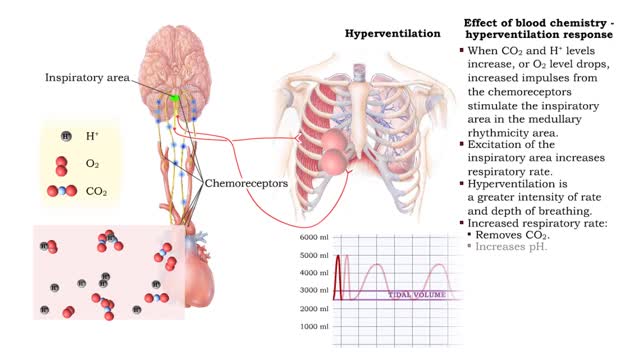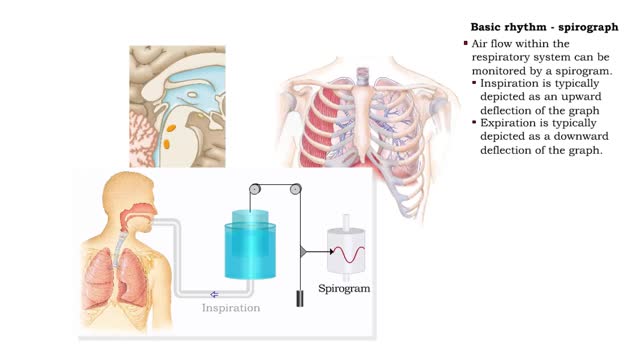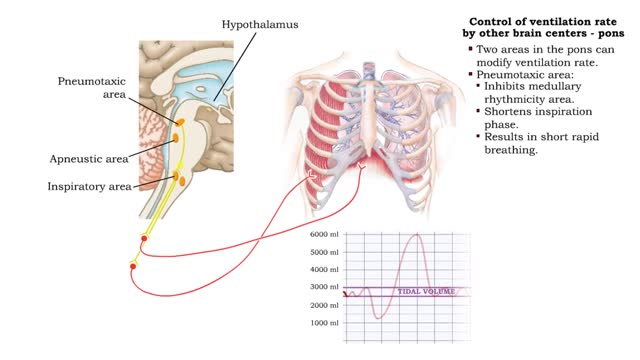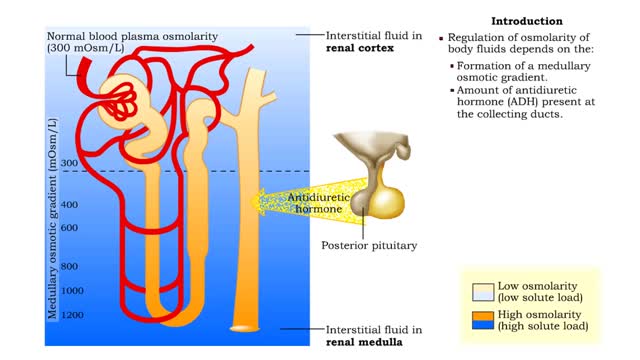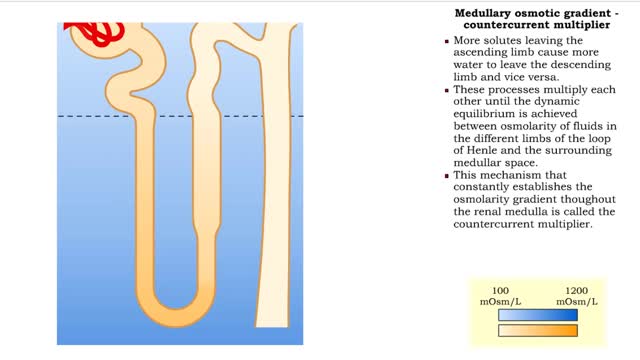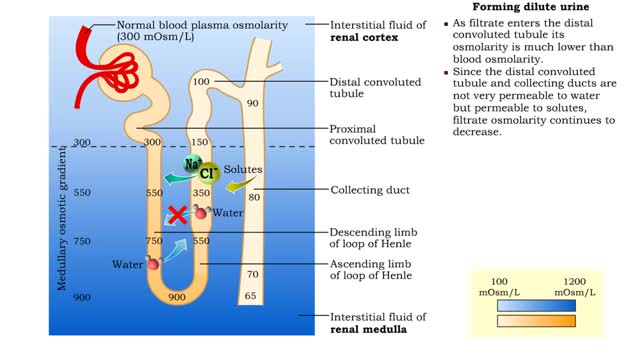Search Results
Results for: 'medullary rhythmicity'
Effect of blood chemistry - stimuli, hyperventilation response and hypoventilation response
By: HWC, Views: 6428
• Respiratory rate is effected by changes in: • Blood pH. • Blood Pco2. • Blood P02. • Chemoreceptors in the central and peripheral nervous systems closely monitor the Fr, CO2 and 02 levels in blood. • Changes in frequency of impulses from Chemoreceptors affect respiratory r...
Basic rhythm - control centers in medulla oblongata, spirograph and normal tidal cycle
By: HWC, Views: 6575
• Normal ventilation is rhythmic and involves continuous cycles of inspiration and expiration. • Various regions of the brain closely regulate this rhythmic pattern of ventilation. • The rhythmicity area in the medulla regulates the basic rhythm of ventilation. • The medullary rhy...
Control of ventilation rate by other brain centers (posts, hypothalamus & cerebral cortex)
By: HWC, Views: 6614
Forced ventilation: • The inspiratory area stimulates accessory inspiratory muscles. • Inspiration is more forceful. • Inspiratory area activates expiratory area, which sends impulses to the expiratory muscles (internal intercostals and abdominal muscles). • Expiration muscles c...
Medullary osmotic gradient - influencing factors
By: HWC, Views: 6999
▪ Maintenance of fluid volume and composition, despite changes in water input and output, is crucial to a healthy life. ▪ Regulation of blood's osmolarity, or solute concentration, is a function of the nephron. • Normal osmolarity is maintained by the ability of the nephron to alter uri...
By: HWC, Views: 7361
▪ The primary cause of the medullary osmotic gradient is the active transport of solutes. • In the ascending limb of the loop, active transport of Na+ ions drives passive reabsorption of Cl- ions. • Addition of these ions to the interstitial fluid of the medulla increases its osmolarity...
Forming urine ( influencing factors), Forming dilute urine & Forming concentrated urine
By: HWC, Views: 7103
• The amount of urine produced by the nephron depends on : • Body fluid volume. • Body fluid composition. • Dilute urine is formed when the body is normally hydrated. • The medullary osmotic gradient determines the osmolarity of the filtrate. • Filtrate osmolarity increase...
Advertisement



